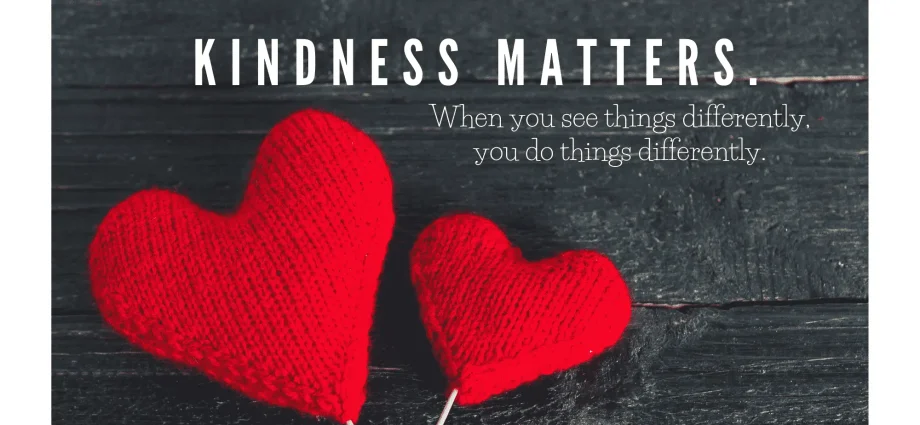Contents
kindness
To be benevolent is to want and do good for others without expecting anything in return. Are we all capable of being benevolent? Are there any obstacles to benevolence? How to develop it on a daily basis? Boris Amiot, personal development coach, enlightens us on the path to benevolence.
What is benevolence?
Everything is already said in the word! Being benevolent is making sure that others are well. “It is this ability to take into account and honor the needs of human beings with a natural absence of negative judgment”, summarizes Boris Amiot. Benevolence implies other qualities such as respect, kindness, generosity, listening or even indulgence. It’s an innate human quality, you don’t learn it, you reveal it throughout your life. It is also very present in children without being taught to them. “Unfortunately, this benevolence can sometimes be parasitized by toxic learning”, underlines the specialist in personnel development.
The brakes on benevolence
Judgment, comparison and not accepting one’s own weaknesses are all obstacles to benevolence. Passing judgment on one person is incompatible with accepting the other for who they are and the desire to help others become better. In addition, constantly wanting to compare ourselves to one another prevents our natural capacity for mutual aid and solidarity from revealing itself. In fact, growing up in an environment where empathy has no place can make us lose our capacity for benevolence. “We live in a society where we are taught to judge, compare, evaluate constantly and never show our weaknesses. We have to get rid of all this learning to let our benevolence be revealed ”, notes Boris Amiot.
Be benevolent towards oneself in order to be benevolent with others
You can’t be kind to others if you’re not kind to yourself. “When you don’t listen to your own needs, it becomes difficult to listen to those of others”. But what exactly is being kind to yourself? It is accepting yourself as you are, with your strengths and weaknesses. If you have good self-esteem and know what it takes to be happy, you can only be kind to others. “This path is not easy for everyone because no one has taught us”, points out the specialist. Indeed, for some people, not showing their vulnerability and always doing what others expect of them, is a strength. But in reality, real strength is knowing your flaws and respecting your needs, to be able to do the same with the people around us.
Develop your benevolence on a daily basis
Here are some simple exercises to cultivate your benevolence on a daily basis:
- Observe what is happening in us and take a step back. It consists in making an inventory of everything that is happening in his life to become better aware of it. “Who am I judging?”, “Who is judging me?”, “What makes me not feel fulfilled today?”… “Observing your own judgments allows you to take some distance to realize that these are only points of view, and gradually give way to benevolent reasoning ”, details Boris Amiot.
- Give yourself a few minutes a day of self-empathy. It’s sort of taking your inner weather: “How do I feel in my body?”, “What do I feel?” “What do I need there now?”. “You don’t wait to be bad to take your indoor weather forecast. It is important to relate to yourself every day, to meet your needs, insists the coach.
- Take care of yourself, even if it means displeasing. You can’t always say yes to everything for fear of disappointing others, at the risk of exhausting yourself. “We have every right to refuse to go to a party at the last moment because we need to be alone. Others can understand it ”. It is not selfishness, it is listening to your own limits. Everyone must be able to identify what is good and what is not for their well-being.
- Express your needs while listening to others, without any judgment and criticism. You can assert your personality and be respectful and empathetic with others.
- Realize your dreams and desires without being afraid of the eyes of others.
- Contribute to the satisfaction of others and rejoice in it.
- Savor the present moment.
“You reap what you sow. The benefits of benevolence are benevolence in return ”, concludes Boris Amiot.










